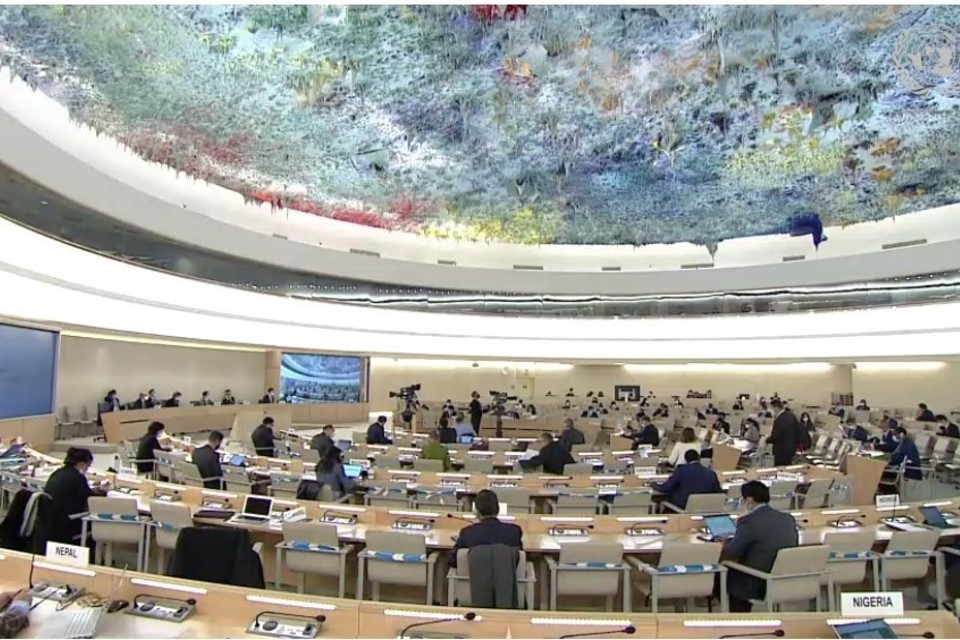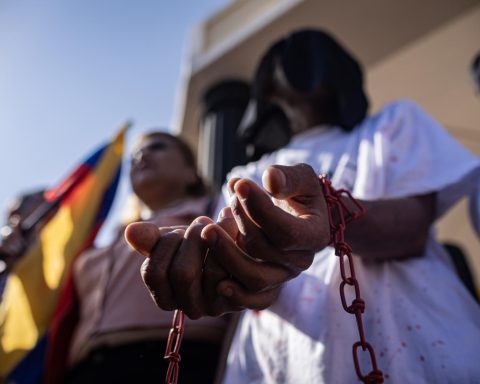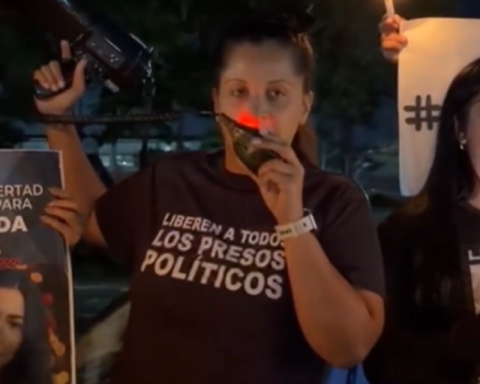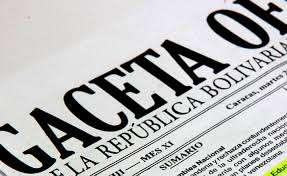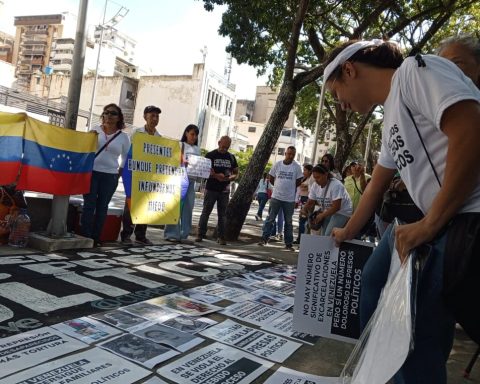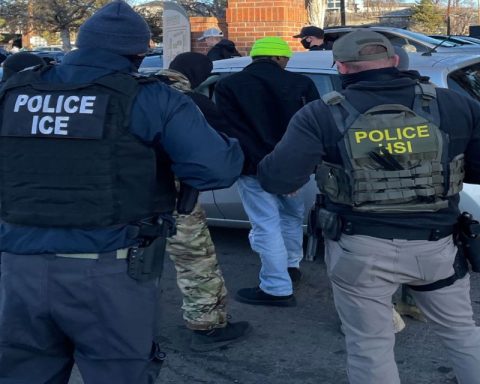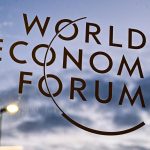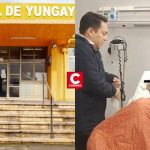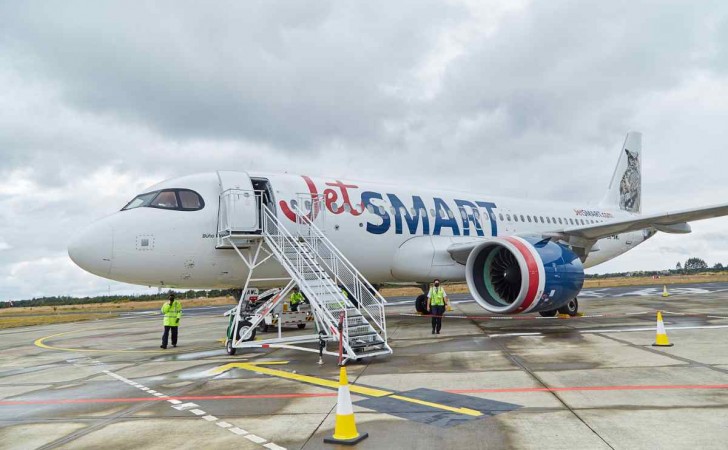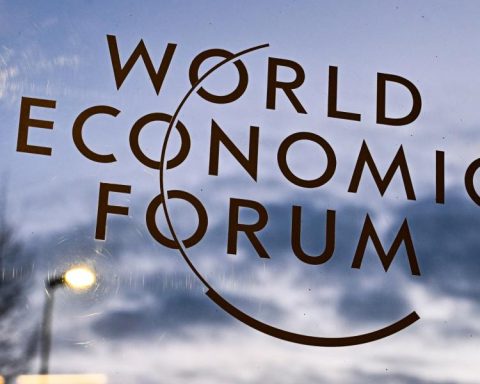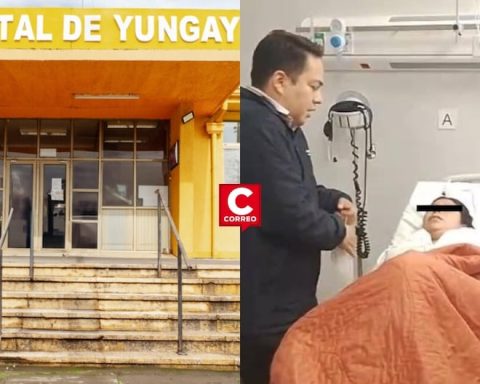More than 20 countries insist on the renewal of the Fact-Finding Mission, whose mandate expires this September, and the return of the Office of the High Commissioner for Human Rights to Venezuela. The United States, Paraguay, Albania and Georgia mentioned the forced departure of Edmundo González. Russia, Cuba and other regimes deplored the “politicization” of the UN Human Rights Council and the imposition of coercive measures.
During the interactive dialogue on the fifth report of the Fact-Finding Mission on Venezuela, more than thirty countries referred to the deepening of the political crisis resulting from the presidential elections and requested an independent verification of the results.
The electoral authorities declared the winner to be Nicolás Maduro, a decision that was validated by the Supreme Court of Justice based on an “expert report.” The opposition claims that, according to the voting records in its possession, the winner is Edmundo González Urrutia, who has been in asylum in Spain since September 8. by “coercions”.
In the discussion of the Mission’s report, which according to its president “has special significance due to the political and human rights situation” in the country, a group of member States of the United Nations Human Rights Council agreed on the need to independently verify the results.
The first to make this request was Ecuador, on behalf of a group of seven countries. “We deplore the lack of independence of the National Electoral Council,” said the representative, who stressed that the Maduro administration must immediately stop the repression and begin investigations into these serious human rights violations” in order to punish those responsible.
The European Union said it would continue “working to ensure that the will of the Venezuelan people is respected,” as did representatives from Peru, Italy, the United States, Ireland, Belgium, Luxembourg, the Netherlands and Romania.
Australia has called for detailed results from all polling stations to be published “to ensure the transparency” of the election, as defended by Venezuelan ambassador Alexander Yanez.
*Read also: UN mission defends work on Venezuela: Accountability is essential
For its part, the United Kingdom expressed its willingness to collaborate “with a peaceful solution that respects the will of all Venezuelans” to achieve an institutional framework “without obstacles or constraints.” Israel called on the authorities “not to abandon democratic institutions,” since their restoration “may take decades.”
A similar position of dialogue, albeit between the government and the opposition, was put forward by Sudan. The African country urged the authorities “to investigate whatever event occurred, to do justice and to help the victims.”
Portugal and Brazil have called for the “course agreed in Barbados” to be resumed, as the results of the presidential elections “are still to be determined.”
“The political normalization of Venezuela depends on the efforts of everyone,” said Lula da Silva’s representative.
The United States said it is “witnessing a rapid degradation of human rights and democracy (…) We cannot allow Maduro and his representatives to cling to power by force.” It also welcomed efforts by Colombia and Brazil to address the situation and mentioned its concern about “the undetermined number of U.S. citizens detained in Venezuela.”
For his part, Japan’s representative at the UN asked Venezuela “to respect the rule of law,” to address international complaints and for all parties involved to “refrain from using violence and respect the human rights of all Venezuelans.”
“We have gone backwards to such an extent that we are facing a more dramatic scenario. Let us not forget that political rights are human rights,” said the representative of Paraguay, who condemned the coercion of the opposition leader Edmundo González to leave the country, as did the US, Georgia and Albania.
Paraguay also expressed its concern about Brazil’s suspension of its mandate to safeguard the interests of the Argentine Embassy in Caracas, which it considers to be a violation of the Vienna Convention.
On this point, the Argentine ambassador commented that they received information that the Maduro government was planning to justify an incursion into the embassy as part of a “US plan.” He said that it was “pure Netflix,” and requested that the corresponding safe-conduct passes be issued to the six opponents “to protect them at home.”
Support for the UN Mission
At least 21 countries also agreed on the need to renew the mandate of the Mission of Determination, a decision that will be voted on in October, the “unconditional” release of all political prisoners, as well as the return of the Office of the United Nations High Commissioner for Human Rights to Venezuela without modifying its work on the ground.
The Mission reiterated its findings on the occurrence of the crime against humanity of persecution, due to the variety and intensity of the serious violations recorded between September 2023 and August 2024, especially following the presidential elections of 28 July.
Expert Martha Valiñas stressed that this is part of a “plan designed in advance and executed under various forms of repression to silence and crush the opposition,” which means that the victims and the population in general “find themselves helpless” while the independence of powers is increasingly diminished.
*Read also: Persecution, torture and sexual violence: some of the crimes reported by the UN Mission
The Portuguese ambassador stressed that “what the mission shows is shocking (…) We are witnessing that the growing state apparatus is geared towards repression.” From Ukraine, they described the report as “disturbing evidence” and expressed solidarity with the Venezuelans “for their struggle for democracy and human rights.”
In Canada’s view, the Maduro administration “is using a tactic of repression to generate fear in the population.” It also mentioned that the so-called anti-NGO law “could become a point of no return for freedom of association.”
Ireland and Chile have called for a “swift, thorough and detailed investigation” into the deaths of at least 25 protesters in post-election protests.
Luxembourg, Belgium and the Netherlands also expressed their concern about the increasing forms of digital and physical repression of the population. They called in particular for the political leaders María Oropeza, Freddy Superlano and Perkins Rocha to be guaranteed medical and legal assistance.
In defense of Maduro
Eighteen countries also participated in the interactive dialogue to defend Venezuela from the “political pressures” of the Human Rights Council through the Mission’s report, which they said was motivated by the interests of “intervention” in the country by the United States.
Nicaragua highlighted the “politicization of this Council against Venezuela by some countries and their acolytes. They are the same ones who encourage violence by trying and promoting foreign intervention in the country under the excuse of a humanitarian emergency.”
Cuba, on behalf of the Group of Friends in Defense of the UN Charter, pointed out a “double standard” on the part of this UN body, and reaffirmed its condemnation “of the increase in coercive measures or any use of political extortion related to the lifting of these measures.”
Sri Lanka, Iran, Saudi Arabia, Zimbabwe, Turkey, Burundi, South Sudan, Nicaragua, Laos and Bolivia called for “constructive engagement” by the Council towards Venezuela and “real cooperation.”
Honduras said the report was prepared with a “selectivity of sources,” which raises doubts about “its impartiality, objectivity, transparency and impartiality. The negative impact of the massive dissemination of false information is not considered.”
He therefore called for a “careful examination of the work carried out by this mandate and whether it contributes to the politicisation of this forum.”
*Read also: Persecution, torture and sexual violence: some of the crimes reported by the UN Mission
The Eritrean representative demanded that the Mission’s mandate be interrupted as soon as possible, while expressing concern that some countries do not want to recognise the elections of others and attempts to undermine the political decisions of Venezuelans.
While Russia and China pointed to a “hybrid war” and “illegal interference” against Venezuela “in order not to recognize the will of the voters or the electoral or judicial authorities.” This was done through “different measures” of which they directly accused the United States and the opposition.
Russia believes that the aim is to “stir up anti-Venezuelan sentiment. We are concerned about the bias of the Office of the High Commissioner, which on the one hand speculates on the occurrence of human rights violations and on the other hand ignores complaints.”
Post Views: 233
